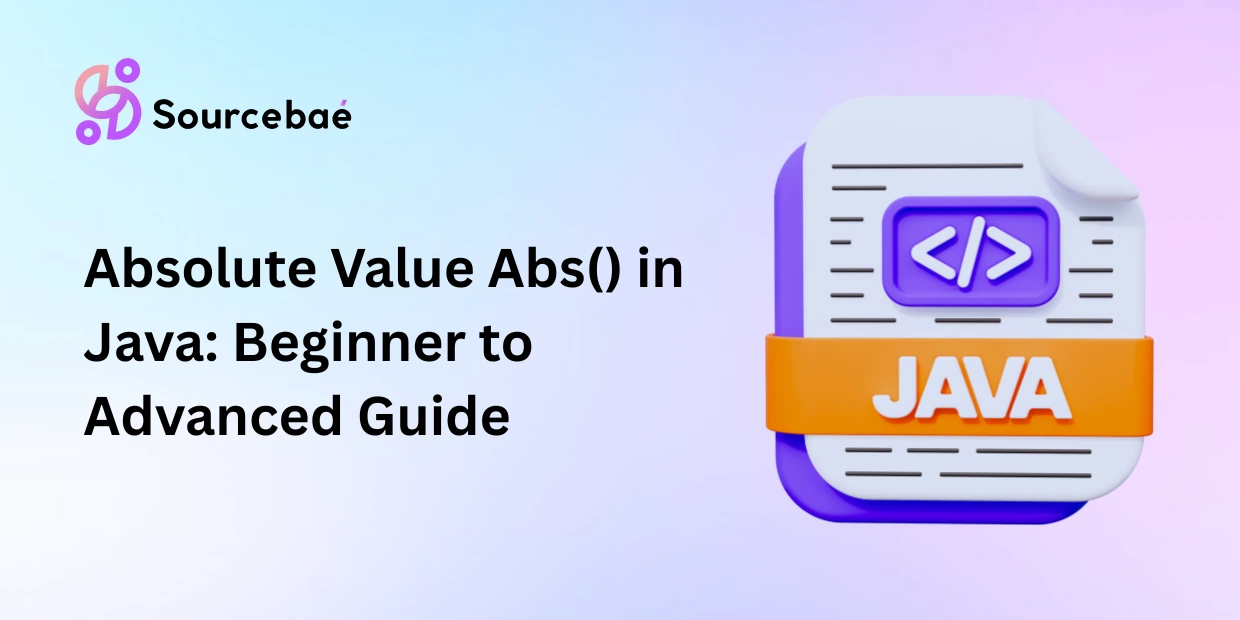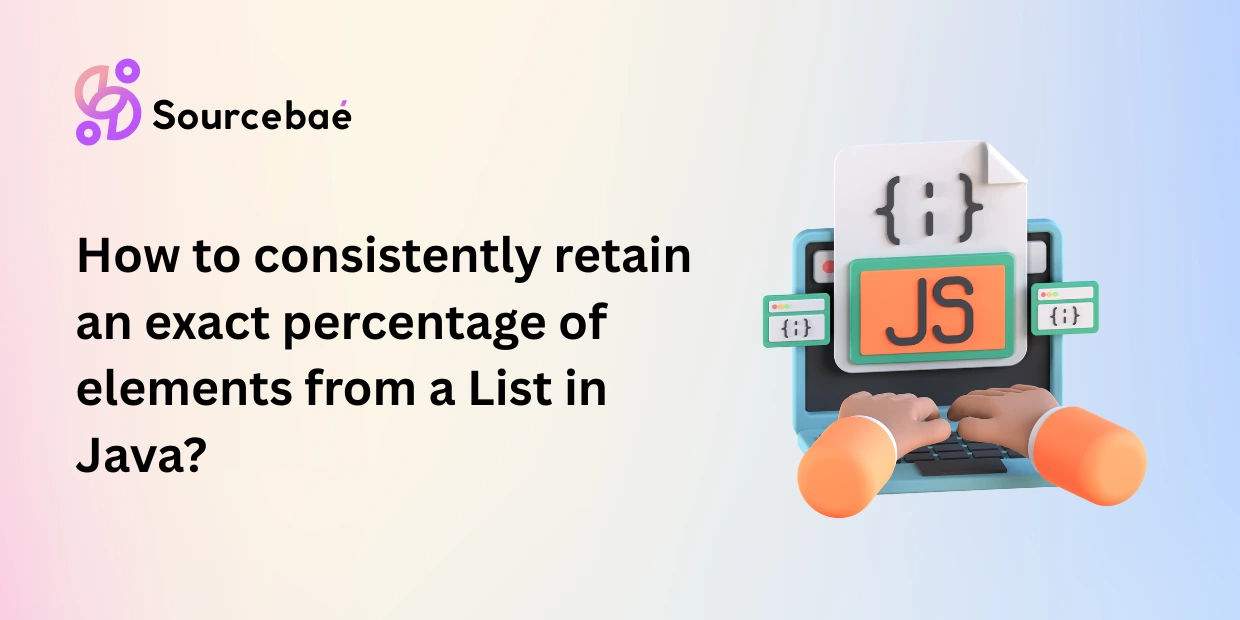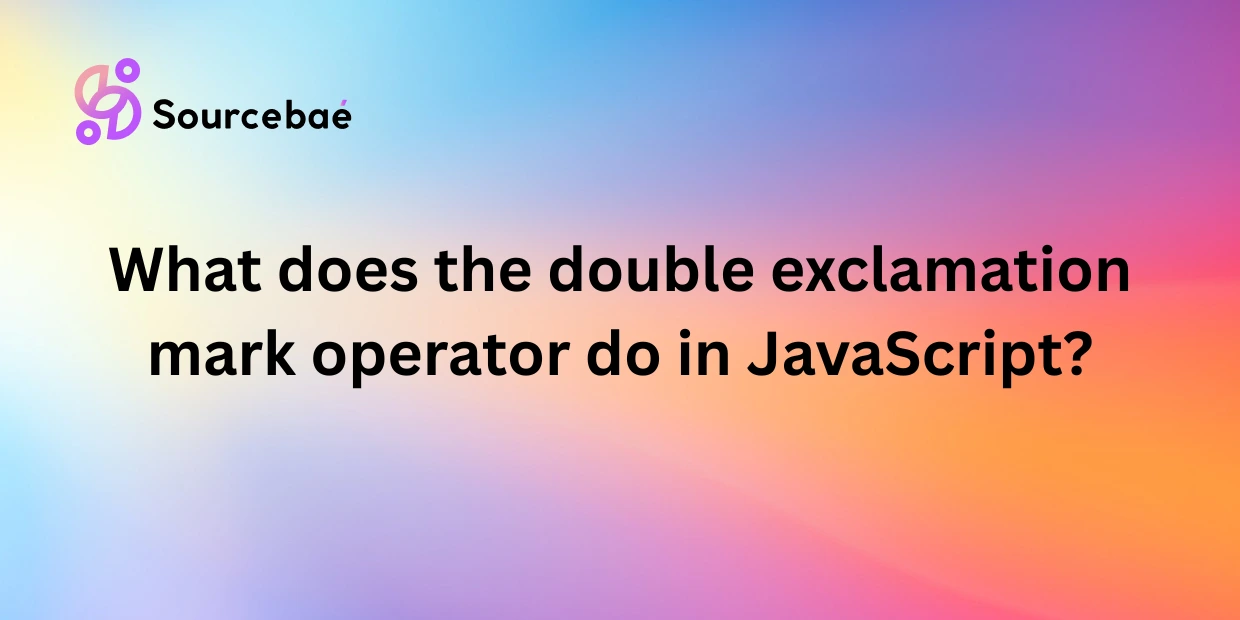Java vs. Kotlin: A Detailed Comparison
In the world of software development, the choice of programming language can significantly impact the outcome of a project. Two prominent languages that have garnered substantial attention are Java and Kotlin. Both are modern JVM (Java Virtual Machine) languages, each with its unique features, advantages, and use cases. In this article, we’ll delve into the intricacies of Java vs. Kotlin, comparing their syntax, performance, tooling, and community support. By the end, you’ll be equipped with the knowledge to decide which language aligns best with your development goals.
Syntax Simplicity: Which One is Easier to Read and Write?
Java has long been a stalwart in the programming world, known for its verbosity. In contrast, Kotlin offers a more concise and expressive syntax. For instance, take a simple class declaration:
Java:
public class MyClass {
public static void main(String[] args) {
System.out.println("Hello, Java!");
}
}
Kotlin:
class MyClass {
fun main() {
println("Hello, Kotlin!")
}
}
Kotlin’s reduced ceremony and enhanced readability can lead to quicker development and reduced chances of errors.
Null Safety: Battling the Dreaded Null Pointer Exceptions
One of Kotlin’s standout features is its built-in null safety. In Java, null pointer exceptions are a notorious bugbear, often leading to runtime crashes. Kotlin’s type system, with its nullable and non-nullable types, ensures a safer programming experience by catching null-related errors at compile-time.
Interoperability: Working Seamlessly with Java
Java boasts an extensive ecosystem and numerous libraries that have been developed over the years. Kotlin, recognizing the value of this ecosystem, was designed to be fully interoperable with Java. This compatibility enables developers to gradually adopt Kotlin in their existing Java projects without rewriting their codebase entirely.
Functional Programming: Embracing Modern Paradigms
Kotlin shines when it comes to functional programming capabilities. It supports higher-order functions, lambda expressions, and other functional constructs. These features enable developers to write cleaner and more concise code, leveraging the power of functional programming paradigms.
Performance: Which Language Offers Better Efficiency?
Both Java and Kotlin share the JVM, implying that their runtime performance is quite comparable. Java’s maturity gives it a slight edge in terms of optimization, but Kotlin’s modern design can lead to more efficient code, bridging the gap.
Tooling and IDE Support: A Developer’s Best Friends
Java enjoys exceptional tooling support with robust Integrated Development Environments (IDEs) like Eclipse and IntelliJ IDEA. Kotlin, developed by JetBrains (the creators of IntelliJ IDEA), seamlessly integrates into these IDEs, providing an excellent development experience. The Kotlin plugin enhances productivity with features like smart code completion and refactoring suggestions.
Community and Adoption: Finding Help and Resources
Java’s legacy positions it as one of the most widely adopted programming languages. Its extensive community translates to a plethora of tutorials, forums, and resources available online. Kotlin’s adoption rate has been steadily rising, thanks to its modern features and improved developer experience. While its community is smaller than Java’s, it’s vibrant and growing, making it easier to find help and relevant content.
Android App Development: Kotlin’s Rise to Prominence
For Android app development, Kotlin has become the preferred choice for many developers. Its concise syntax, null safety, and interoperability with Java make it a potent language for building robust and efficient Android applications. Google’s official endorsement of Kotlin as a first-class language for Android development further solidifies its position.
Web Development and Backend: Java’s Versatility
Java has an established presence in web development and backend systems. Its wide range of frameworks and libraries, such as Spring Boot, has made it a go-to choice for building scalable and high-performance applications. While Kotlin can also be used in these domains, Java’s extensive ecosystem provides a broader set of options.
FAQs
Is Kotlin a Replacement for Java?
No, Kotlin is not a replacement for Java. It is designed to work alongside Java and provides enhanced features and syntactic sugar while maintaining full interoperability with Java code.
Can I Convert My Existing Java Code to Kotlin?
Yes, Kotlin offers tools for converting Java code to Kotlin. While the process might not be flawless due to differences in language features, it can significantly expedite the migration process.
Which Language Offers Better Performance: Java or Kotlin?
Both languages offer comparable performance, as they both run on the JVM. Java’s optimization might provide a slight edge, but Kotlin’s modern design can lead to more efficient code.
Is Kotlin Only Used for Android App Development?
While Kotlin gained popularity in Android app development, it is not limited to this domain. It can be used for various applications, including web development, backend systems, and more.
Does Java’s Wider Adoption Make It a Better Choice?
Java’s widespread adoption means there’s an abundance of resources and community support available. However, Kotlin’s modern features, expressiveness, and compatibility with Java make it a strong contender.
Can I Mix Java and Kotlin in the Same Project?
Absolutely. Kotlin’s interoperability with Java allows you to mix both languages within the same project. This flexibility is especially beneficial when migrating from Java to Kotlin.
Conclusion
In the dynamic landscape of programming languages, Java and Kotlin stand out as two compelling choices for modern software development. While Java brings with it a rich history, extensive libraries, and a massive community, Kotlin offers a more concise, expressive syntax and modern language features. The decision between Java and Kotlin ultimately depends on your project’s requirements, your familiarity with the languages, and the specific features you value most.
So, whether you’re diving into Android app development, crafting web applications, or building backend systems, Java vs. Kotlin: Comparing Two Modern JVM Languages empowers you to make an informed choice that aligns perfectly with your goals.
============================================
SOURCEBAE: Hire Java Developers






